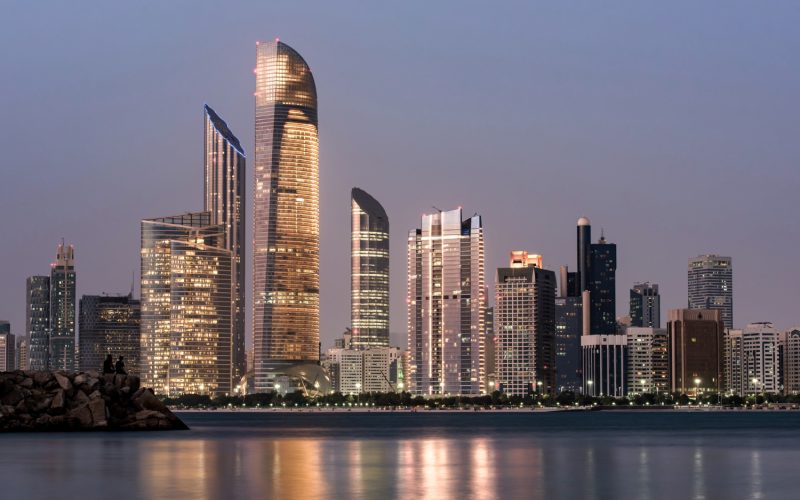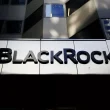The Environment Agency – Abu Dhabi (EAD) has unveiled an international standard Measurement, Reporting, and Verification (MRV) programme to tackle carbon emissions in the emirate. Under the programme, large carbon-emitting facilities will be required to monitor, report, and have their emissions verified by third parties annually, with the first reports expected in 2026.
EAD has been exploring the feasibility of implementing carbon pricing mechanisms, to accelerate the decarbonisation of emission-intensive and hard-to-abate sectors. The agency’s comprehensive studies suggest that a domestic carbon pricing scheme could play a transformative role in helping industries reduce emissions, particularly in Abu Dhabi’s industrial and energy sectors.
The MRV programme has been meticulously designed to standardise and enhance the reporting of greenhouse gas (GHG) emissions, aligning with global best practices. This initiative not only positions Abu Dhabi competitively on the international stage but also supports long-term GHG management and fosters technological innovation in climate solutions.
The design and implementation of the programme were developed in consultation with stakeholders from both the public and private sectors to ensure alignment and collaboration.
In preparation for COP28, EAD has invested heavily in collaboration with federal and local partners, as well as the private sector. The MRV system aims to generate reliable, globally compliant emissions data, meeting the standards set by the United Nations Framework Convention on Climate Change (UNFCCC) and the Enhanced Transparency Framework of the Paris Agreement. Additionally, it strengthens the UAE Consensus outcomes adopted at COP28.
The programme will generate reliable data that meets global climate requirements like those defined by the United Nations Framework Convention on Climate Change (UNFCCC). It is also aligned with the Enhanced Transparency Framework of the Paris Agreement and international collaborations for climate mitigation initiatives. Finally, it fortifies the outcomes of the UAE Consensus adopted in COP28.
Dr. Shaikha Al Dhaheri, Secretary-General of EAD said, “Abu Dhabi has fortified its position as a forward-thinking leader on climate action, through working closely with our government, industrial and energy sector partners, as we are integrating new mandatory Measurement, Reporting and Verification efforts into our broader carbon accounting framework. Transparent data is essential for assessing climate policies, such as carbon pricing mechanisms, and supports Abu Dhabi’s commitment to reduce carbon emissions by 22 per cent by 2027 and contribute to the emirate’s continued sustainable economic prosperity. Through this journey, we are very keen to proactively take the necessary steps as part of the national pathways towards Net Zero by 2050.”
Ahmed Mohammed Al Rumaithi, Under-Secretary of the Abu Dhabi Department of Energy said, “Measurement, Reporting, and Verification (MRV) systems are crucial for providing accurate data to track carbon emissions, ensure transparency, build trust, and drive effective climate action.”
Abdulnasser Bin Kalban, Chief Executive Officer of Emirates Global Aluminium (EGA) said, “The GHG MRV solution will help EGA to meet evolving regulatory requirements while maintaining transparency and auditability of our emissions data throughout the value chain of our production processes. This tool is an important step in achieving our bold aspiration of embedding sustainability in everything we do and reaching net zero greenhouse gas emissions by 2050.”





















